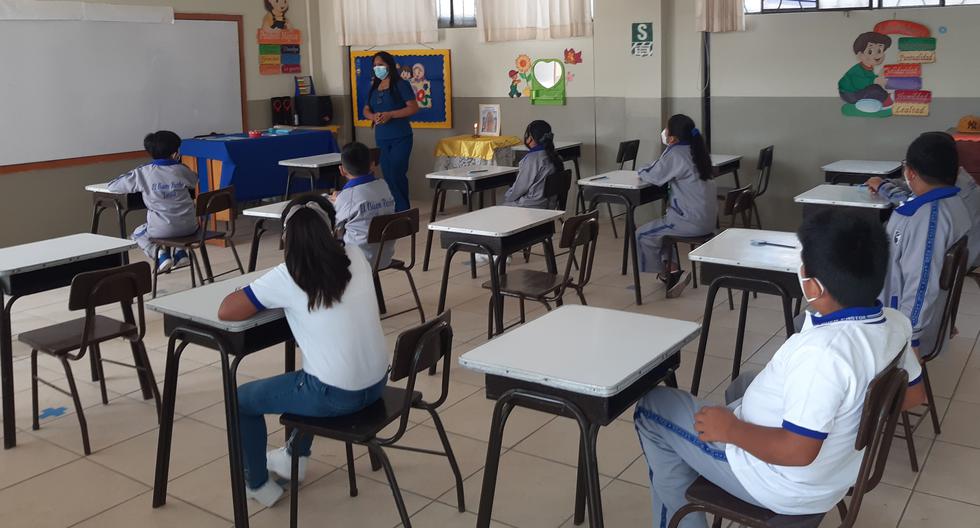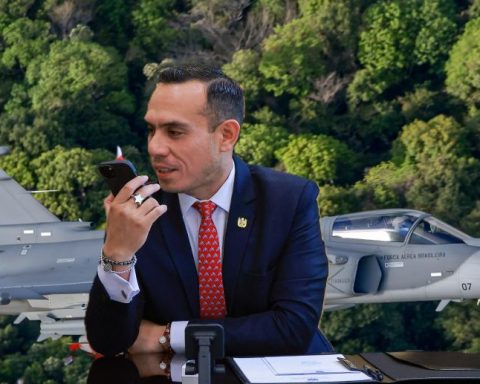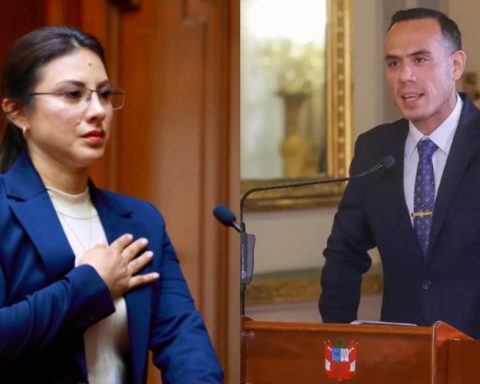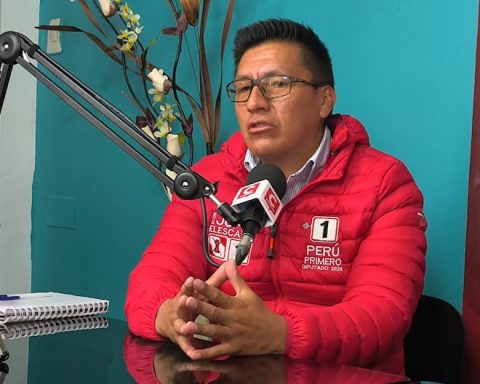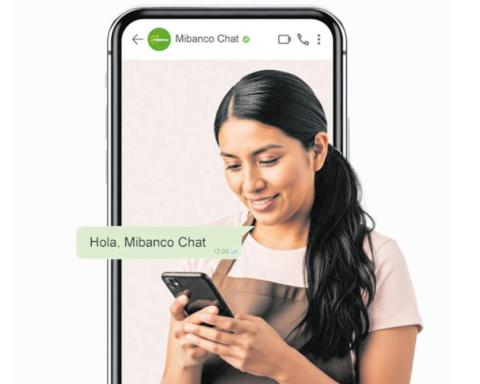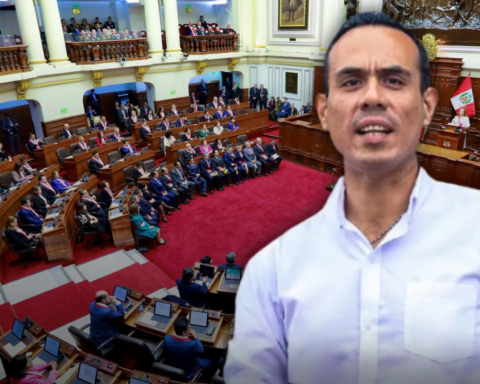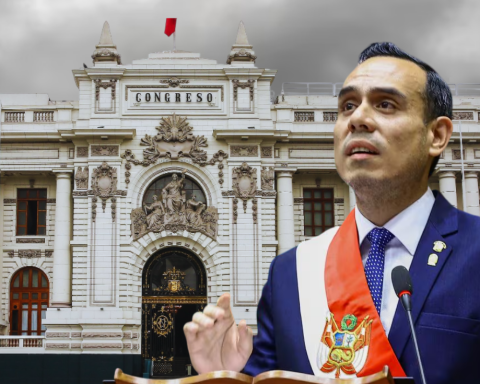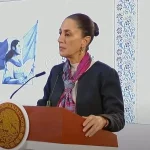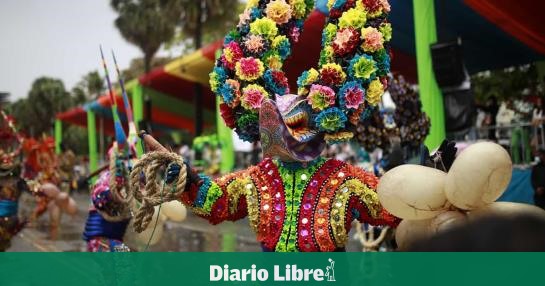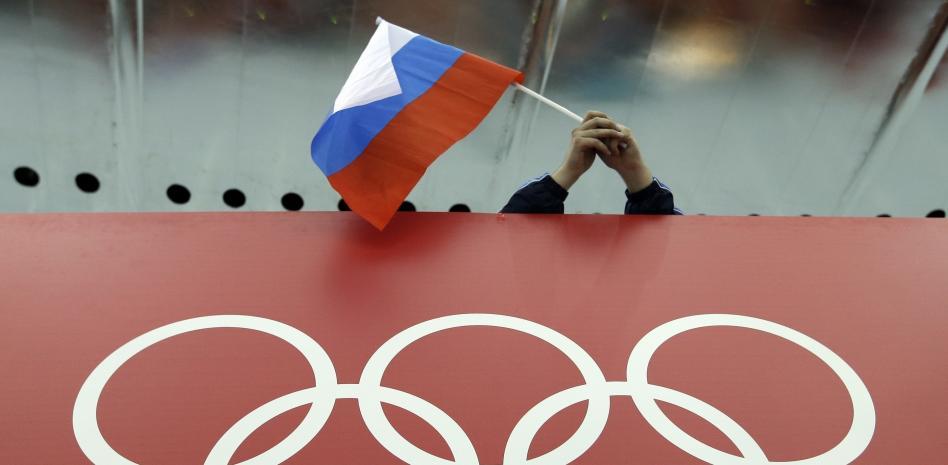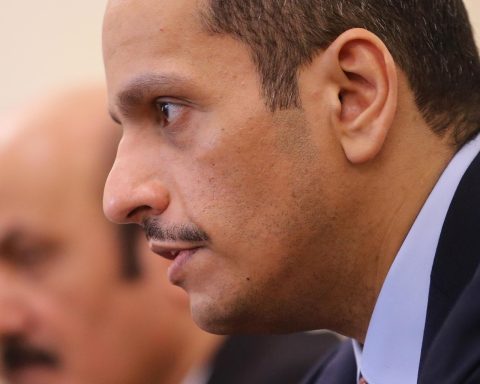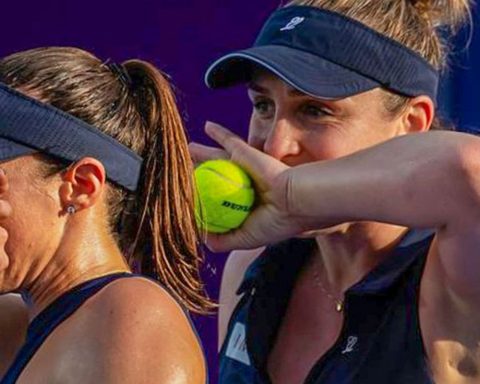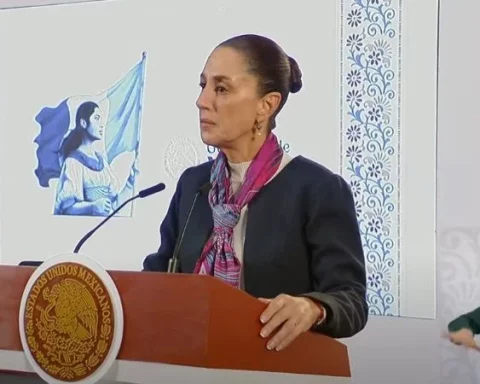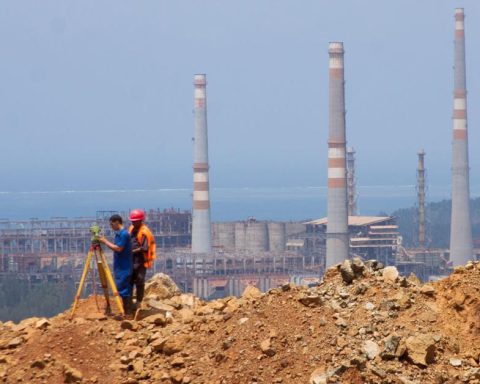The Ministry of Education (Minedu) made modifications to the provisions and dictated others in the return to face-to-face or semi-face-to-face classes in all schools in the country, after two years of virtual teaching due to the coronavirus pandemic (COVID-19).
through the Ministerial Resolution 108-2022-MINEDUpublished today in El Peruano, the sector has new measures and modifies others.
We detail them below:
Types of educational service provision
The type of educational service provided by the educational institution or educational program is determined taking into account the following aspects:
- Compliance with the biosafety conditions regarding the total capacity capacity allowed and the physical distance of one meter between people within the educational premises.
- In case the student cannot attend the face-to-face or semi-face-to-face educational service due to a duly justified comorbidity or health risk.
- The Priority in the provision of the educational service has the type of face-to-face service. Consequently, the blended type of service is only provided when conditions do not allow the face-to-face type, as specified below:
- Face-to-face Educational service during regular hours from Monday to Friday with the physical presence of the teacher and students. This type of benefit will be given in educational institutions or programs where students do not exceed the maximum capacity allowed and can attend daily taking care of physical distance (1 meter) and the protocols established in this regulatory document. In the educational services with residence, such as the Alternating Secondary MSE, the COAR and the Secondary with Student Residence, the teaching hours must be adapted according to the MSE and the physical distance in the residence area will be no less than one meter.
- Blended. Educational service that combines moments of remote and face-to-face work covering 5 days a week. The schedule is determined based on the characteristics and conditions of educational institutions and programs. In both moments, students develop learning processes that complement each other. If the educational service is provided on a blended basis, the teacher must agree on the schedules, means of communication and tools for remote work with the students and their families. It should be considered that the form of remote work attends contexts with and without connectivity for which the teacher must adapt the tools for said purposes. In educational services with residence, such as the Alternating Secondary MSE, Secondary with Residence and the COAR, the teaching hours must be adapted according to the MSE and the physical distance in the area of residence will be no less than one meter.
- From distance. This educational service will be provided exceptionally, only in cases of change in the epidemiological condition established by the Minsa, due to quarantines or comorbid conditions of the students. In this type of service, the student does not share the same physical space with their peers and teachers for the development of their skills, being able to develop in contexts with and without connectivity. Students access the educational service from a distance mode with access to media such as web platforms, radio, television, tablet with internet, among others. In case of non-connectivity, a strategy of synchronous or asynchronous remote sessions is implemented where the delivery of educational materials is ensured, complemented with calls or video calls. For the development of the service, the teacher must agree on the schedules and means of communication with the students and their families, taking into account the provisions of the health authority.
For the development of the face-to-face or semi-face-to-face service, the hours of face-to-face or remote moments will be organized by each IE and educational program, prioritizing the time in person, according to the characteristics of each IE and program of the territory.
Protocol: routine for food consumption:
- Every student will consume the food brought from homefor which a physical distance of one meter will be kept, in an open space, with the accompaniment of one or a teacher as part of a pedagogical hour (applies to rural and urban areas).
- Maintain respiratory hygiene.
- Do not share food or utensils.
- Wash or sanitize your hands before consuming food.
- Remove the mask and store it during food consumption.
- At the end, put on the mask again and wash your hands.
- The newsstands, cafeterias and school canteens will remain closed and without providing services during the health emergency.
- At COVID-19 contextthe School Food Committee (CAE) organizes, with the families or classroom committees, the delivery of unprepared food to the families of children and adolescents who are student users of the program in the educational institution or program “Qali Warma” to be prepared or consumed at home (modality “products”).
- Only, in the case of Educational Service Models with residence and alternation, the kitchen space may be used for food preparation, taking care of the maximum capacity, ventilation and biosecurity measures, as well as making use of the dining rooms, respecting the social distancing of one meter, as well as the distance between chairs, tables, and adequate natural ventilation.
Application of COVID-19 discard tests for teachers and schoolchildren
- It is recommended that before restarting the educational service with some degree of presence, as well as routinely once classes have started, the institution or educational program identifies individuals or networks of individuals with a confirmed diagnosis of COVID-19.
- The The employer of the IE will manage the screening tests for all educational personnel, whether molecular or antigen, with the corresponding health authorities.. Without prejudice to the application of the test, you must rule out the symptoms associated with COVID-19 for staff and students, through the COVID-19 symptomatology sheet.
- Given the suspicion of cases, the management staff must communicate this situation to the UGEL, the health authority of the jurisdiction, the teachers and the parents of the students. Likewise, it must manage before the UGEL and the health authority of the scope of its territorial competence, the testing of potentially infected staff and studentsas well as the members of the community with whom they have maintained contact.
- The teachers must prepare an incident report once a month in which all occurrences are recorded (suspected, probable and confirmed cases of COVID-19), as well as follow up on identified cases. The information must be sent to the management personnel or those who carry out their duties in order to establish the time of return of each student and evaluate additional prevention measures in the educational setting.
- All members of the educational community have the responsibility to daily monitor the presence of symptoms before attending the educational facility.
about school events
- It continues, for the duration of the state of health emergency, the suspension of school parades, performances and formations during the school day, as well as any type of meeting that involves concentration and/or crowding. Except for activities that promote sports and socio-emotional support for students, complying with the protocols. Likewise, for meetings with families, remote channels should be prioritized.
- Each educational institution, according to its local context, must seek to generate the best conditions in order to guarantee health care and hygiene, for which they must observe the provisions issued by the Ministry of Health.
Vaccination
- The regional directorates of education (DRE), regional directorates of education (GRE) and the units of local educational management (UGEL) will coordinate with the general directorates of health (Diresa) for the student inoculation.
- Any person who carries out face-to-face work activity must certify their complete vaccination scheme against COVID-19being valid the vaccines administered both in Peru and abroad.
